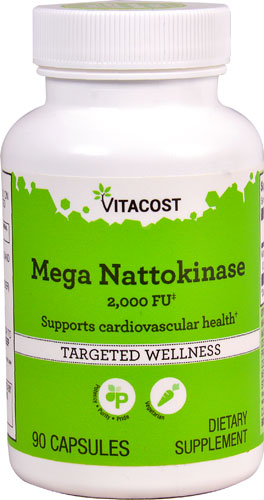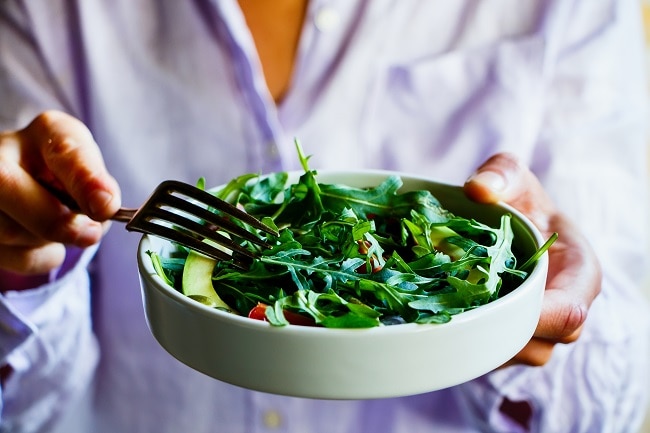Hail your kidneys for keeping your body in balance. They regulate your salt, potassium and acid levels. They produce hormones and allow your other organs to work well, including those that regulate blood pressure and stimulate production of red blood cells, among other tasks.
Your kidneys (you have two) filter your blood, cleaning it, then sending good stuff like protein where it needs to go and producing yucky stuff like urine for you to get rid of. If they can't do their job, your blood holds on to the metabolic waste you were supposed to pee out. Scary. Scarier still: If your kidneys have trouble functioning, you probably won't have symptoms. Most people don't. Sure it's possible for your kidneys to fail suddenly due to an infection or a urinary problem. But usually poor habits lead to weakened kidneys, and then to kidney disease, which can be so intense it harms other parts of the body, especially the cardiovascular system. That means someone could die before even getting a chance to change their lifestyle in an effort to fix their kidneys (or go on dialysis or get a donor kidney). Two bad conditions, in particular, tax your kidneys: diabetes and high blood pressure.
Whew. Now for the good news.
More plants, less meat
It's easy to take care of your kidneys: Enjoy a whole-food plant-based diet, and avoid chowing on gobs of animal protein, which in large amounts will wear down your kidneys. In contrast, studies over the decades have shown that plant-based protein does not strain kidneys, including one from 2014 comparing consumption of soy protein with dairy protein.
Eating lots of fruits and vegetables not only keeps kidney disease at bay, it also protects against kidney stones. That's because fruits and veggies make your urine more alkaline (as opposed to animal protein, which makes it more acidic due to certain amino acids), and stones are less likely to form in an alkaline environment. The possible exceptions are spinach, and to a lesser degree, chard and beet greens, due to their oxalate content—but only if you're genetically prone to creating kidney stones; in studies, some people eating huge amounts of these greens did not create kidney stones, while others who ate much smaller amounts did. Those who created the stones had an exaggerated ability to absorb oxalates. Regardless, eating calcium-rich foods with these greens helps neutralize their oxalate concentration. Steaming or boiling spinach, chard and beet greens helps too, though their oxalates will still be very high compared with the minimal oxalate content in comparable or even larger servings of other greens, such as kale or bok choy.
Fruits and veggies also deliver a blow to those bad conditions, mentioned earlier, that tax your kidneys. For example they help your blood pressure because they barely have sodium.
The National Kidney Foundation has its own list of “7 kidney-friendly superfoods”: apples, blueberries, fish high in omega-3 fatty acids (salmon, sardines, herring), kale, strawberries, spinach and sweet potatoes. In truth, and as the organization notes, these foods—notice all but one are plant-based—boost your overall health as much as your kidneys, though ground flaxseeds would be as good or better than fish for your omega-3s. In other words, eat well for your overall health and you'll do your kidneys good.
Mitra Malek’s reporting and writing have appeared in The Washington Post and USA Today, and she is a contributing editor for Yoga Journal. Connect at mitramalek.com.




